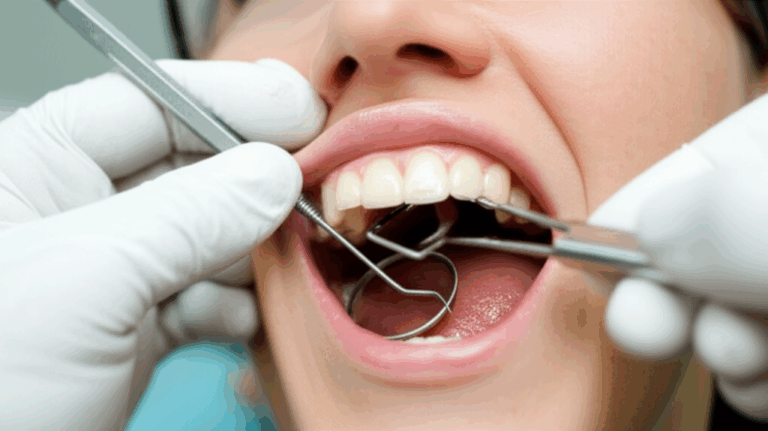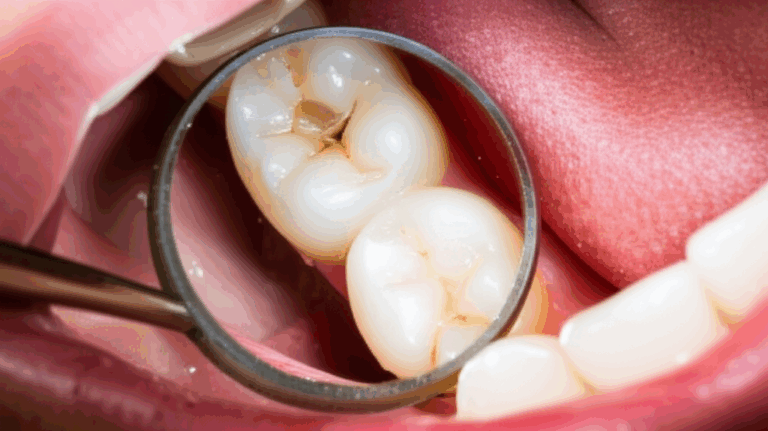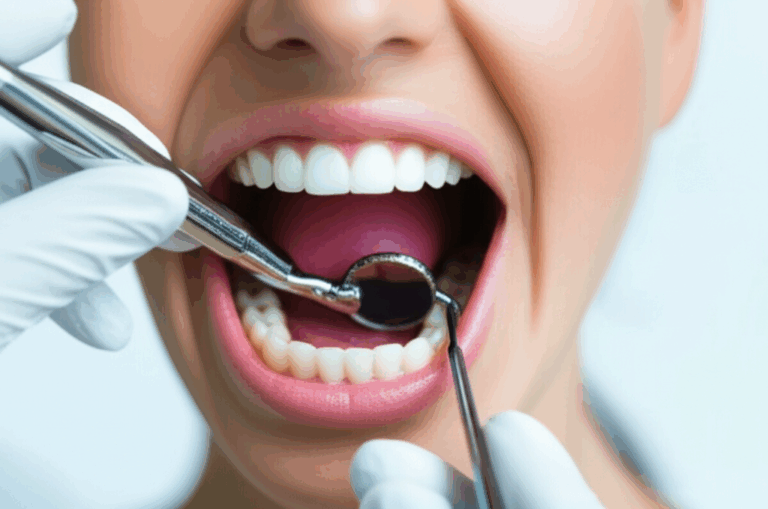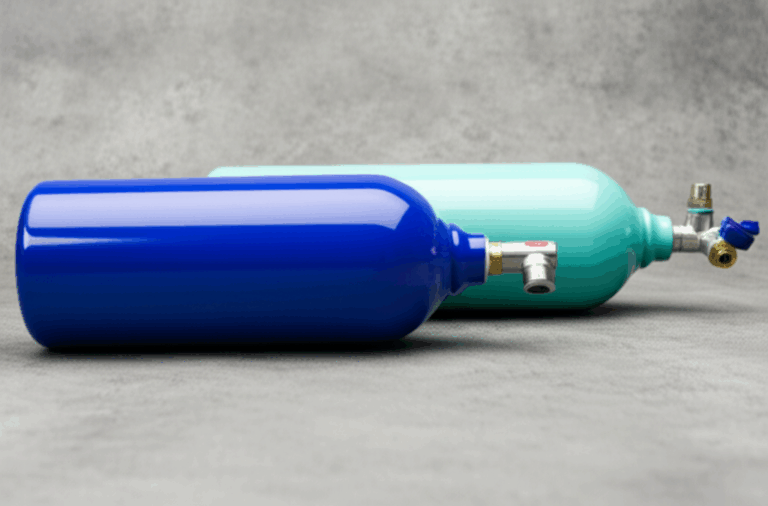
Can a Dentist Fall in Love with a Patient? Navigating Ethics, Boundaries, and Professional Conduct in Dentistry
Ever wonder if your dentist could fall for a patient? Or maybe you’ve gotten nervous (or excited) before a checkup and questioned those feelings? This article explains the real feelings that sometimes show up between dentists and patients and clears up the important rules everyone needs to follow. Whether you’re a patient or a dentist, knowing these boundaries helps build trust and keeps everyone safe.
Table of Contents
Introduction: Can Dentists Really Fall for Patients?
The simple answer is—dentists are human, too. Sometimes, real feelings can happen, even at the dentist’s office. But does that mean it’s okay for dentists and patients to start dating?
Picture this: You go in for a cleaning, and after a fun chat with your dentist, you start to notice a spark. Or you’re a dentist, and a friendly talk makes you think about more.
That’s when it gets messy. In dentistry, feelings and the rules can get mixed up fast. This article helps you sort out those problems and shows you where the line needs to be—and why it matters.
Why Is the Dentist-Patient Relationship Unique?
Not all relationships are the same. When you’re talking about dentists and patients, things feel different—sometimes a little tense, sometimes scary, but always full of trust.
Dentists know things and have skills that patients don’t. When you sit in that chair, you’re putting your health and faith in someone else’s hands. Your dentist can see you—your teeth, your pain, and your worries—in ways others never do.
That’s a big deal, and it’s why this isn’t like being friends from school or work buddies.
What Makes a Patient Vulnerable in the Dental Chair?
If you ever feel nervous before a dentist visit, you’re not alone. Most people are jumpy or even scared in that big chair. Shots, drills, bright lights—it’s normal to feel on edge.
Patients need their dentists to be kind, gentle, and honest. That means patients have to trust them a lot. Sometimes, this trust can turn into thinking the dentist is amazing or even start to feel like a crush.
Power differences are big in healthcare. Even if a dentist is just nice, it can seem like a lot more to a nervous patient.
Professional Ethics: What Do the Rules Say?
So what do the rules say? The American Dental Association (ADA) has clear rules about how dentists should act. The most important? Dentists always have to think of their patient’s health first. That’s more than just fixing teeth—it’s about being honest, safe, and drawing the line between work and personal things.
Ethics in dentistry say it clearly: Dating or getting romantic with a current patient is not okay. Why? Because it can ruin the trust and someone might not get the care they need.
State dental boards agree. Romantic or sexual relationships between dentists and patients are serious problems and there can be big trouble if it happens.
Are Romantic Relationships Ever Allowed with Patients?
You might wonder, “Is it ever okay for a dentist and patient to start dating?” With current patients, it’s simple: No. Not ever.
These rules are tough for a reason. As long as someone is still a patient—getting checkups, fillings, or even just advice—dating or flirting shouldn’t happen. The risk is just too high.
If a dentist likes a patient, or a patient likes their dentist, everyone should stop and not act on those feelings. Crossing the line is not allowed and could hurt both the dentist and the patient.
What Are the Consequences for Crossing the Line?
So what really happens if a dentist tries to date a patient?
Bad things can happen fast:
- Punishment: Dentists can lose their license for good. They might have to pay fines, take more classes, or be known publicly for their mistake.
- Legal Trouble: Sometimes, it goes to court. This can cost a lot of money, especially if the patient feels used.
- Damage to Reputation: Once the news is out, it’s hard for the dentist to earn back trust. Patients might leave, and other dentists may lose respect.
Here’s a simple table showing what could happen:
| Action | What Might Happen |
|---|---|
| Dating a current patient | Lose license, pay fines, public report |
| Patient complains or sues over behavior | Lawsuit, lose money, bad publicity |
| Dentist ignores the rules | Forced to retrain, put on probation |
Breaking these rules hurts everyone—especially the patient, who just needs good dental care.
Can Dentists Date Former Patients?
This is where it’s not so clear. What about after dental work is finished—can a dentist date a former patient?
Most experts say it’s still risky. Here’s why:
- Who is really a “former” patient? If they might come back for more treatment, the relationship isn’t really done.
- How long should you wait? Some say wait six months, others say up to two years. This is to make sure any feelings about power are gone.
- What about trust? Even after treatment, the dentist should never do anything that could hurt the other person.
The safest choice: When you’re not sure, keep things just professional for a long time.
What Should a Dentist Do if They Feel Attracted to a Patient?
Having feelings isn’t wrong. But acting on them is not okay. Dentists are people, but they must choose the right thing.
- Realize the Feeling: The dentist needs to be honest with themselves, but never, ever tell the patient.
- Don’t Cross the Line: Boundaries are a must. No special treatment or flirting.
- Send the Patient to Someone Else: If the dentist thinks their work is being affected, they should help the patient go to a different dentist.
- Ask for Guidance: Dentists should never be scared to talk to another dentist, a boss, or the ethics group if they need advice.
That’s how good dentists protect their patients and their own job.
What Should a Patient Do if They Have Feelings for Their Dentist?
Patients sometimes get a crush on their dentist.
- Notice the Power Difference: It’s easy to like someone who fixes your pain. But that relationship needs to be professional.
- Switch Dentists If Needed: If your feelings are too big, you might want to find a different dentist before things get weird.
- Speak Up About Worry: If your dentist acts in a way that seems wrong, you can always report it to your state dental board.
Patients should always get care and respect—never to feel confused or pressured.
How Do Power, Trust, and Boundaries Affect Dental Care?
Power, trust, and boundaries are kind of like the three legs of a good chair. If one isn’t strong, the chair falls.
Why is this important in dentistry?
- Power: Dentists’ skills can make patients scared to speak up.
- Trust: Trust helps patients relax and get good care.
- Boundaries: Rules keep everyone safe and focused.
When everyone knows the rules, everyone is safe. That’s when you get the best care—and the best smiles.
Helpful Resources and Where to Get More Information
If you want to know more about good care and rules in dentistry, check out these resources:
- American Dental Association (ADA): The main group for rules and good practice.
- State Dental Boards: The local group that makes sure dentists follow the rules.
- Dental specialty labs: See how a good china dental lab helps support safe and honest dental care.
If you like new tech, lots of clinics also work with a digital dental lab to give better treatment the right way.
Summary: Key Points to Remember
- Dentist-patient relationships need trust, respect, and clear rules.
- Dating between dentists and current patients is never allowed.
- Patients need to feel safe and should never be confused or hurt by a dentist’s actions.
- Breaking these rules can wreck a dentist’s career and hurt patients, too.
- After treatment, it’s still important to wait and be very careful before even thinking about dating.
- Everyone should focus on health, safety, and the rules first.
FAQ: The Most Commonly Asked Questions
Q: What should I do if I think my dentist likes me?
A: Dentists should never act on personal feelings. If you feel weird, keep it professional and maybe try a different dentist if you feel uncomfortable.
Q: Can I date my dentist if I was once a patient?
A: Wait until all dental work is completely done, and wait a long time—sometimes up to two years—before even thinking about dating. Talk openly about rules first, too.
Q: Are there legal problems if a dentist dates a patient?
A: Yes. Dentists who break the rules can lose their license, pay big money, and sometimes even go to court.
Q: Why do these rules exist in dentistry?
A: Because patients need protection. The rules keep people safe and focused on getting healthy.
Remember:
- Feeling something is normal, but the rules come first.
- Dentists are there to help you, not to be your crush or boyfriend/girlfriend.
- Trust, respect, and professional behavior are the keys to good care.
Want to learn more about dental materials, implants, or how things are made behind the scenes? See how a crown and bridge lab helps bring safe, honest dental care to patients.
Stay curious, stay safe, and keep smiling!








